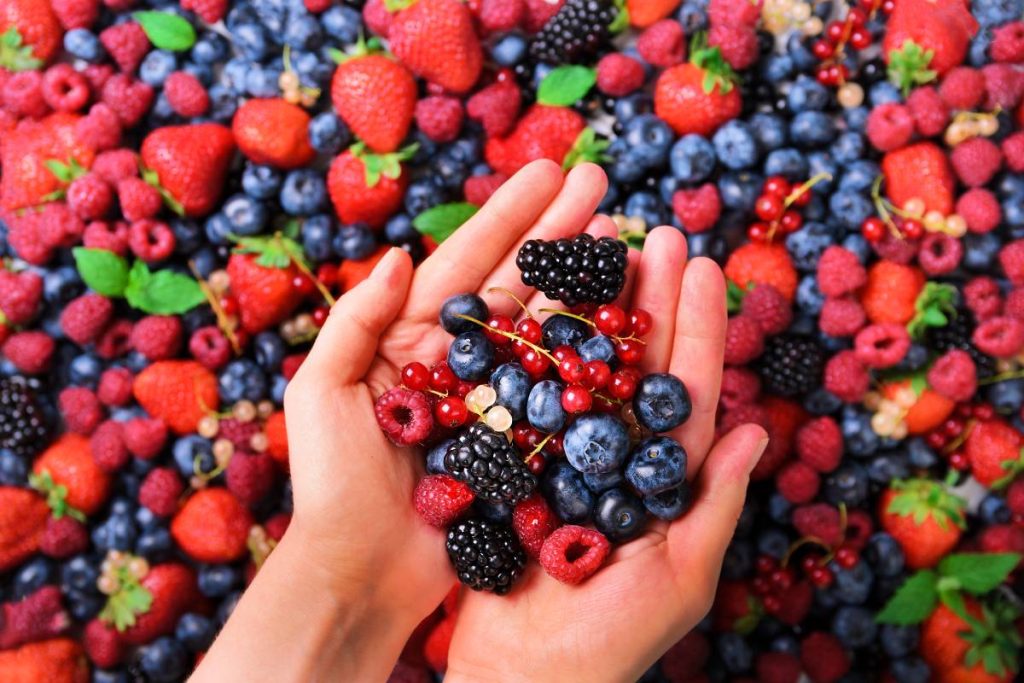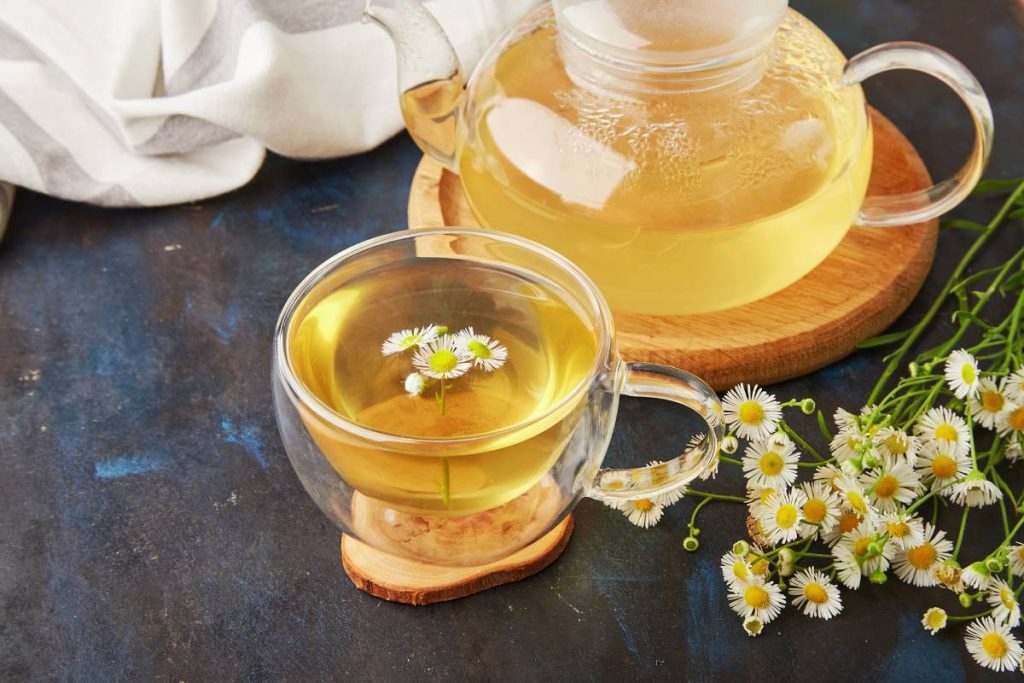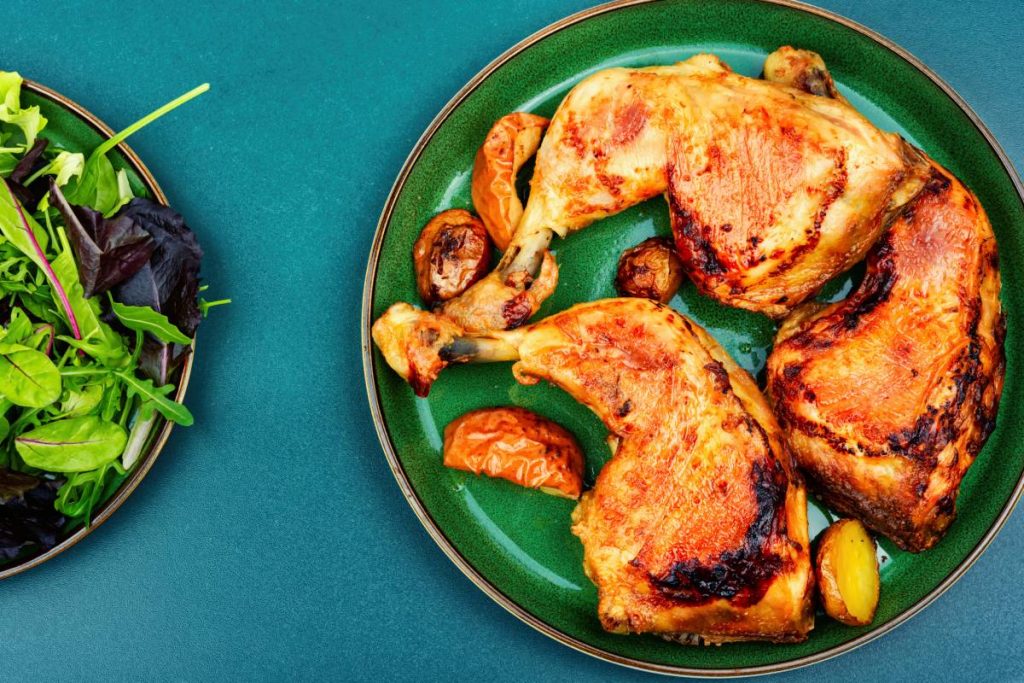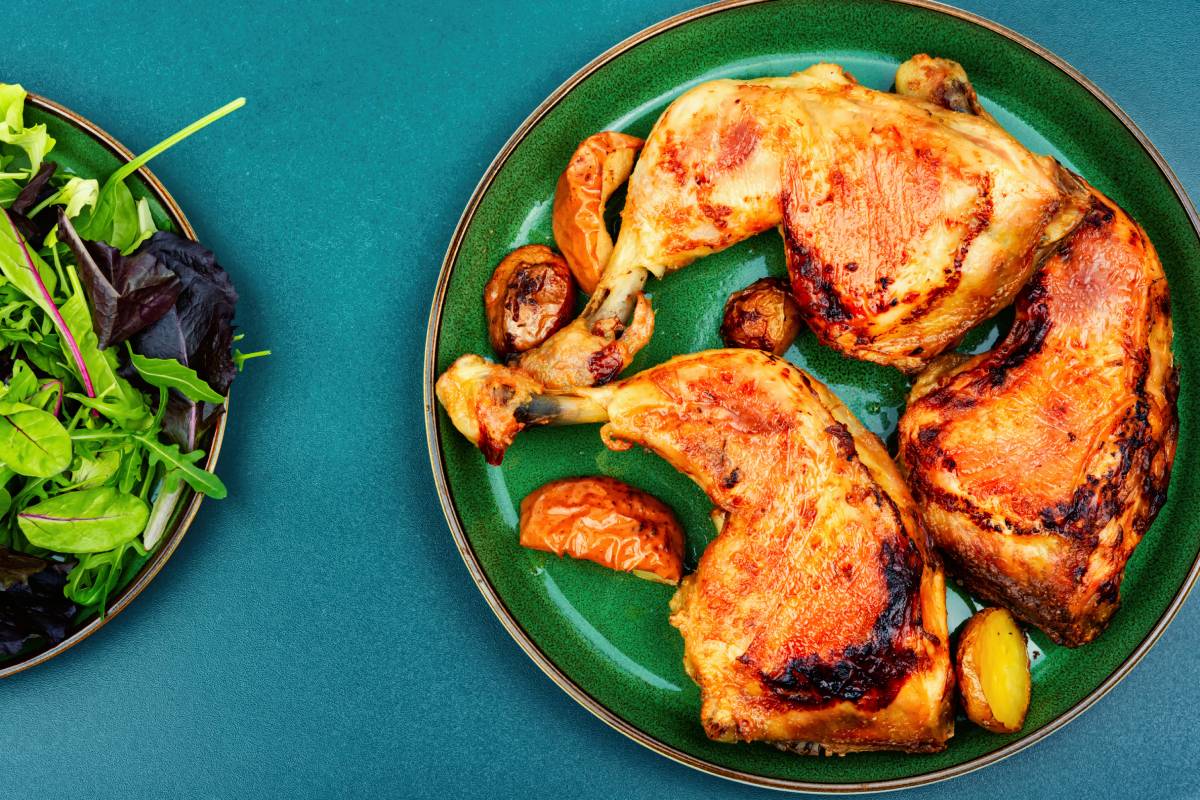Wondering what to eat to ease anxiety? Your diet can play a role in reducing stress. Foods like avocados, eggs, and oranges are believed to have anxiety-reducing properties. They contain antioxidants, minerals, and vitamins that can help alleviate symptoms. For instance, oranges have vitamin C, an antioxidant known to lower stress levels.
It’s also wise to steer clear of foods high in sugar and fat, as they can exacerbate stress and anxiety. If you’re struggling to manage your symptoms, consider reaching out to a mental health professional for support and advice.
Anxiety affects a significant portion of the population, about 25% in Australia each year. Understanding how diet influences anxiety and incorporating anxiety-reducing foods into your meals can make a difference in managing symptoms effectively.
And here are 12 foods you should consider when having stress or anxiety.

Avocados
These creamy fruits are not just delicious but also packed with nutrients that can help ease anxiety. Avocados contain healthy fats, specifically monounsaturated fats, which are beneficial for brain health. They also provide a good amount of potassium, which helps regulate blood pressure, potentially reducing feelings of stress and anxiety. Additionally, avocados are rich in B vitamins, including folate and vitamin B6, which are important for neurotransmitter function and mood regulation.
Salmon
Fatty fish like salmon are excellent sources of omega-3 fatty acids, particularly EPA (eicosapentaenoic acid) and DHA (docosahexaenoic acid). These omega-3s are crucial for brain health and have been linked to reduced anxiety and depression symptoms. They work by reducing inflammation in the brain, promoting the production of neurotransmitters that regulate mood, and improving overall brain function. Incorporating salmon into your diet regularly can provide these essential fatty acids and contribute to a calmer mind.
Spinach
Leafy greens like spinach are rich in magnesium, a mineral that plays a key role in relaxation and stress reduction. Magnesium helps regulate the body’s stress response by modulating the release of stress hormones like cortisol. It also promotes GABA (gamma-aminobutyric acid) activity in the brain, a neurotransmitter that has calming effects. In addition to magnesium, spinach is a good source of vitamins A and C, antioxidants that support overall brain health and may help alleviate anxiety symptoms.

Blueberries
These tiny fruits are bursting with antioxidants, particularly flavonoids, which have been linked to lower levels of anxiety and improved mood. Blueberries also contain vitamin C, which supports the immune system and may help reduce stress by combating oxidative stress in the body. Including blueberries in your diet as a snack or adding them to smoothies and oatmeal can provide a delicious and nutritious way to support your mental well-being.
Greek Yoghurt
Rich in protein and probiotics, Greek yoghurt is a versatile food that can benefit both your gut and your brain. Probiotics, or beneficial bacteria found in yoghurt, play a role in gut health, which is increasingly recognized as a factor in mental health. Research suggests that a healthy gut microbiome may contribute to reduced anxiety and improved mood. Additionally, the protein in Greek yoghurt can help stabilize blood sugar levels, preventing energy crashes that may exacerbate feelings of stress and anxiety.
Almonds
These crunchy nuts are a convenient and nutritious snack that can help calm your nerves. Almonds are an excellent source of magnesium, which, as mentioned earlier, is important for relaxation and stress reduction. Additionally, almonds contain vitamin E, an antioxidant that supports brain health and may protect against oxidative stress caused by chronic anxiety. Enjoy a handful of almonds as a snack or add them to salads, yoghurt, or oatmeal to reap their anxiety-reducing benefits as part of a balanced diet.

Chamomile Tea
Sipping on a warm cup of chamomile tea can help promote relaxation and reduce anxiety levels. Chamomile contains compounds like apigenin, which binds to receptors in the brain that may help initiate sleep and reduce anxiety. Drinking chamomile tea before bedtime can be especially beneficial for improving sleep quality, which in turn can have a positive impact on overall mood and anxiety levels.
Dark Chocolate
Indulging in a small portion of dark chocolate can provide more than just a tasty treat—it can also offer anxiety-relieving benefits. Dark chocolate contains flavonoids, particularly cocoa flavonoids, which have been associated with reduced stress and improved mood. These compounds may help increase blood flow to the brain and promote the release of feel-good neurotransmitters like serotonin. Opt for dark chocolate with a high cocoa content to maximize its anxiety-reducing potential while keeping sugar intake moderate.
Oatmeal
Starting your day with a bowl of oatmeal can provide a comforting and anxiety-reducing breakfast option. Oats are a complex carbohydrate that helps regulate blood sugar levels, providing a steady source of energy throughout the morning and preventing mood swings associated with fluctuations in blood sugar. Additionally, oats contain fibre, which supports gut health and may indirectly influence mood through the gut-brain connection. Customize your oatmeal with toppings like berries, nuts, and seeds for added flavour and nutritional benefits.

Turmeric
This golden spice contains a compound called curcumin, which has potent anti-inflammatory and antioxidant properties. Curcumin may help alleviate symptoms of anxiety by reducing inflammation in the brain and promoting the production of neurotransmitters like serotonin and dopamine, which are involved in mood regulation. Adding turmeric to your meals or enjoying turmeric tea can be a flavorful way to incorporate this anxiety-fighting spice into your diet.
Leafy Greens
Vegetables like kale, Swiss chard, and collard greens are rich in nutrients that support brain health and may help reduce anxiety. Leafy greens are packed with magnesium, vitamins, and antioxidants, which play various roles in stress reduction and mood stabilization. Incorporating leafy greens into salads, stir-fries, and smoothies can provide a nutrient boost that supports your mental well-being.
Bananas
These naturally sweet fruits are a convenient and portable snack that can help calm your nerves. Bananas are rich in potassium, a mineral that helps regulate blood pressure and may have a calming effect on the nervous system. They also contain vitamin B6, which is involved in the production of neurotransmitters like serotonin and gamma-aminobutyric acid (GABA), both of which play key roles in mood regulation. Enjoy a banana on its own or incorporate it into smoothies, oatmeal, or yoghurt for a delicious and anxiety-relieving snack.
Is there any food to avoid when we have anxiety?
Yes, certain foods and drinks may exacerbate anxiety symptoms and should be consumed in moderation or avoided altogether. Here are some examples:
- Caffeine: Beverages like coffee, tea, energy drinks, and some sodas contain caffeine, a stimulant that can increase heart rate and trigger feelings of nervousness and agitation. For individuals with anxiety, consuming excessive caffeine can amplify these symptoms and contribute to feelings of anxiety and restlessness. It’s advisable to limit caffeine intake or opt for decaffeinated versions of these beverages.
- Alcohol: While alcohol may initially have a calming effect, it can disrupt neurotransmitter balance in the brain and lead to rebound anxiety as its effects wear off. Excessive alcohol consumption can also interfere with sleep patterns, exacerbating anxiety symptoms. Limiting alcohol intake and avoiding excessive drinking can help manage anxiety more effectively.
- Processed Foods: Highly processed foods, such as fast food, packaged snacks, sugary treats, and foods high in refined carbohydrates, often lack essential nutrients and may contribute to inflammation in the body. Research suggests that inflammation may play a role in the development and exacerbation of anxiety and mood disorders. Choosing whole, nutrient-dense foods instead of processed options can support overall mental well-being.
- High Sugar Foods: Foods and beverages high in sugar can cause rapid spikes and crashes in blood sugar levels, leading to mood swings, irritability, and fatigue. These fluctuations in blood sugar can worsen anxiety symptoms and contribute to feelings of stress and tension. Opting for low-sugar alternatives and focusing on balanced meals and snacks that contain complex carbohydrates, fibre, protein, and healthy fats can help stabilize blood sugar levels and promote a more even mood.
Conclusion
Incorporating anxiety-reducing foods into your diet can be a simple yet effective way to support your mental health and well-being. From nutrient-rich fruits and vegetables to omega-3 fatty acid-rich fish and comforting herbal teas, the options are plentiful. Additionally, utilizing a food composter can not only help reduce food waste but also contribute to sustainable practices that benefit both the environment and your overall well-being.
Remember to prioritize a balanced diet, stay hydrated, and seek support from healthcare professionals as needed to ensure comprehensive care for your mental health. With the right approach, you can take proactive steps towards managing anxiety and living a happier, healthier life.

